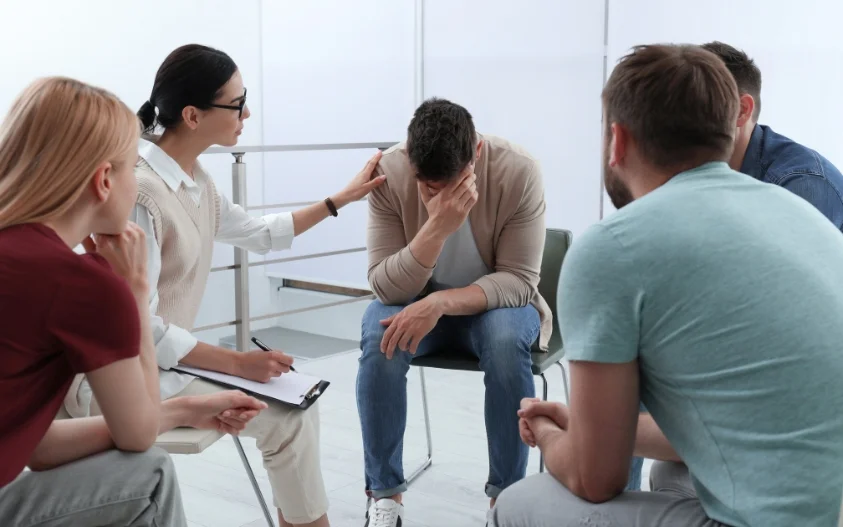24/7 Helpline:
(866) 899-111424/7 Helpline:
(866) 899-1114
Learn more about PTSD Treatment centers in Sneads
PTSD Treatment in Other Cities

Other Insurance Options

Private insurance

Optum

Molina Healthcare

AllWell

BlueShield

Choice Care Network

Magellan Health

Amerigroup

Covered California

UnitedHealth Group

Absolute Total Care

Sutter

Highmark

Medical Mutual of Ohio

Evernorth

Health Partners

MVP Healthcare

BlueCross

Optima

Carleon










